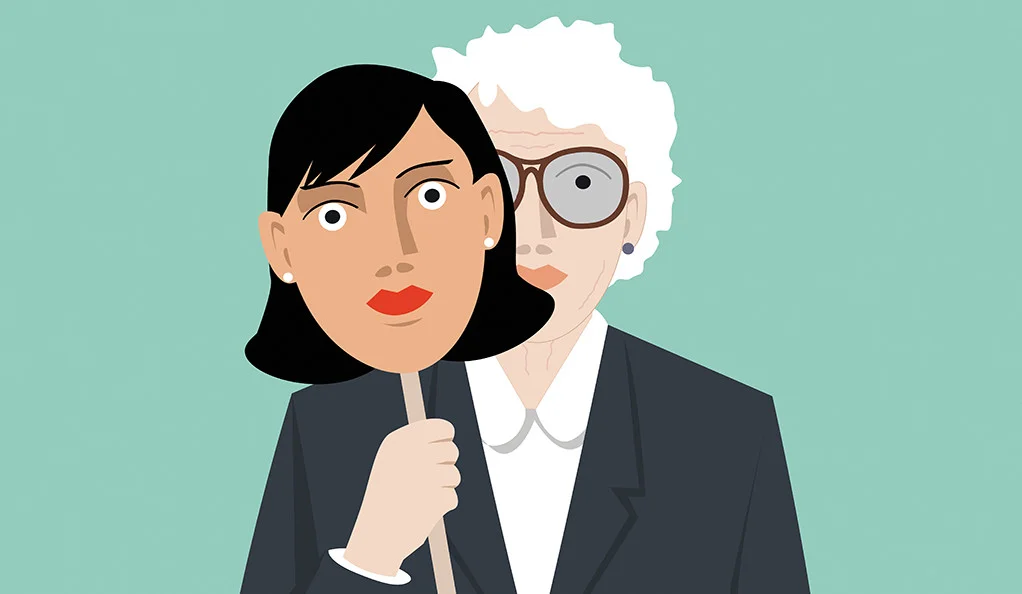A recent report reveals that over three-quarters of women worldwide have encountered ageism during their professional journeys, shedding light on a pervasive issue in workplaces globally.
Conducted by Women of Influence+, the survey collected responses from 1,258 participants across 46 countries, indicating that 77.8% of women have faced age-related discrimination in their careers. Additionally, a staggering 80.7% reported witnessing differential treatment towards women based on their age in the workplace.
CEO of Women of Influence+, Rumeet Billan, emphasized the systemic nature of this problem, stating, “It’s a clear indication that we are facing a pervasive and systemic issue.”
The survey highlighted various manifestations and impacts of ageism in the workplace. Among those who experienced age-based discrimination, 40.7% encountered it within their first decade of employment, while 55.9% faced it after surpassing 21 years in their professional journey.
The most common form of ageism reported was the perpetuation of age-based stereotypes or assumptions, cited by 74.8% of respondents. Other manifestations included a lack of respect from colleagues (50.1%) and unfair treatment in the promotion process (49%).
It’s a clear indication that we are facing a pervasive and systemic issue
As a result of experiencing ageism, respondents reported increased stress (62.2%), self-doubt regarding their capabilities (61.8%), and lower self-confidence (55%). Moreover, over half (57.7%) felt that their career progression had been hindered by ageism.
Feelings of alienation in the workplace were also prevalent. More than half reporting a lack of belonging (52.1%) and dissatisfaction with their employers (50.9%).
In response to these findings, Billan urged employers to take action, emphasizing the need for systemic change. Women of Influence+ proposed five measures to address ageism in the workplace:
– Raise awareness and provide training and education.
– Implement preventative policies and hold individuals accountable.
– Develop reciprocal mentorship programs.
– Prioritize competencies over age in recruitment and hiring processes.
– Incorporate ageism into Diversity, Equity, and Inclusion (DEI) strategies and initiatives.





